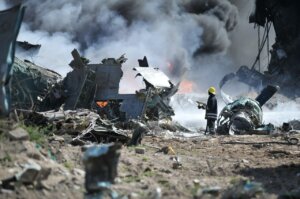Today’s Wall Street Journal reported the story of the progress BP is making in re-characterizing its culture in the aftermath of the April 2010 Gulf Oil Spill.
 According to the Journal, new CEO Bob Dudley has created a new global safety division at BP, a company that also suffered a 15-fatality refinery explosion in Texas five years before the lethal Gulf accident. He has given the division power to intervene in or shut down any operation seen as too hazardous.
According to the Journal, new CEO Bob Dudley has created a new global safety division at BP, a company that also suffered a 15-fatality refinery explosion in Texas five years before the lethal Gulf accident. He has given the division power to intervene in or shut down any operation seen as too hazardous.
The safety issue goes to the heart of BP’s corporate culture, say some critics, who contend that compared with its Big Oil rivals, the company has historically been focused more on deal-making and less on safety and operational excellence. “Other companies were less aggressive on growth and more focused on their safety-management systems,” says John Hofmeister, a former president of Shell Oil Co. “Changing the culture is hard.”
BP is under tremendous pressure to make changes. Reorganization may look good on reports to government regulators, but strategic plans won’t succeed if there aren’t changes in the field. And those changes often involve the way in which individuals are treated, and given incentives.
The Journal reported that Phil Dziubinski became BP’s ethics and compliance leader for Alaska operations in mid-2006, shortly after the company suffered a 4,000-barrel oil spill on the North Slope. That happened a year after the refinery explosion in Texas City, Texas, an accident that led a federal agency called the Chemical Safety Board to suggest BP managers didn’t listen enough to what workers were telling them.
“Reporting bad news was not encouraged,” the report said, “and often Texas City managers did not effectively investigate incidents or take appropriate corrective action.”
Phil earned a reputation as a bulldog, staying after organizational leaders that lagged in implementing safety fixes in Alaska operations.
At a meeting in March 2007, Mr. Dziubinski disagreed with a supervisor’s assessment that the company was on track to fix all safety issues. Mr. Dziubinski said that several problems flagged by workers in the past still hadn’t been addressed, and that BP was taking too long to deal with workers’ current concerns.
“We tend not to listen to the workers,” Mr. Dziubinski said, according to notes of the meeting taken by union leader, Marc Kovac, who was there.
Dziubinski raised tough issues, such as how excessive overtime was linked to safety violations because the sheer exhaustion of employees working repeated 16+ hour shifts. As reported in the Journal, after repeated efforts to raise these issues, Dziubinski’s responsibilities were assigned to others and eventually he was laid off as part of a reorganization in Alaska operations.
Listening is hard. But any serious effort to change the culture of an organization as large as BP’s must start from the ground up. Developing new safety policies is one thing. But real change won’t happen until the organization demands that managers listen to those in field that are living the issues that need to be addressed.
 Sections of this topic
Sections of this topic















